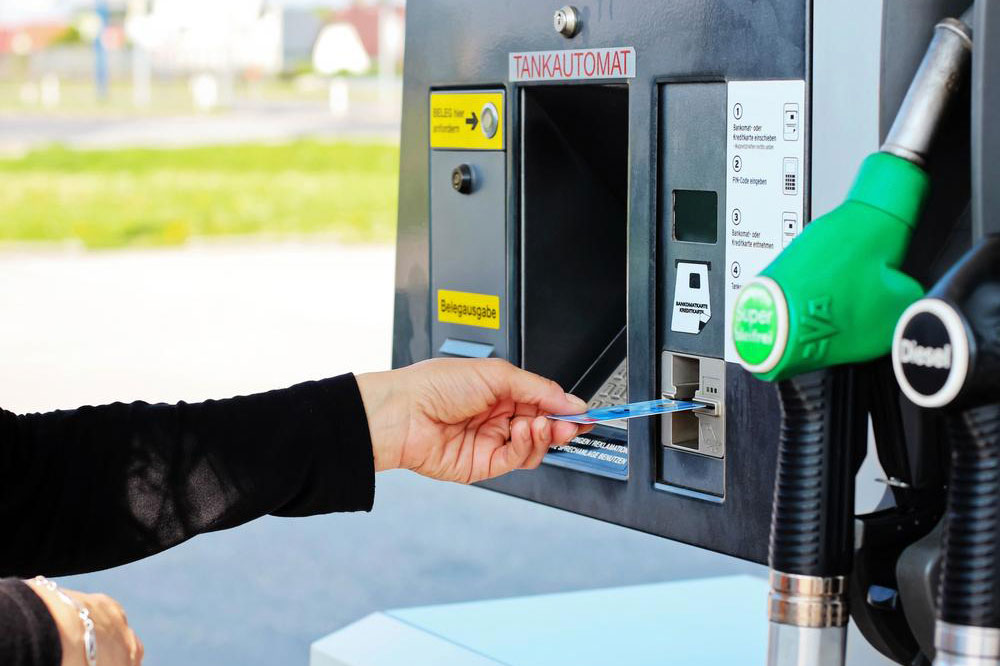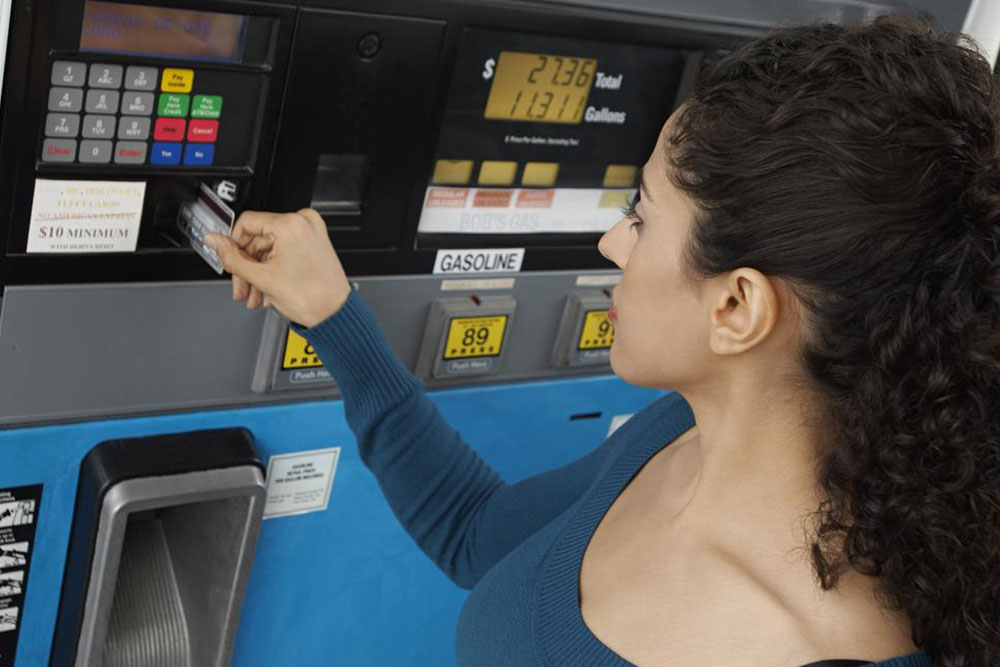Comprehensive Guide to Fleet Fuel Cards: Unlocking Benefits and the Acquisition Process
Discover the comprehensive benefits of fleet fuel cards, how they streamline fueling expenses, and the step-by-step process to obtain one. Ideal for businesses with vehicle fleets, these cards offer real-time reporting, cost savings, and increased control. Whether you're a small enterprise or a large logistics company, learn how fleet fuel cards can optimize your operations and reduce costs effectively.

Fleet Fuel Cards: Unlocking Benefits and Simplifying the Application Process
Managing a vehicle fleet involves numerous logistical and financial challenges, especially when it comes to fueling operations. Fleet fuel cards have emerged as a vital tool for businesses to streamline fuel purchases, monitor expenses, and optimize costs. Unlike traditional reward cards offered at individual gas stations, fleet cards provide comprehensive, real-time reporting capabilities alongside a range of other advantages. These cards are typically issued by well-known oil companies or specialized fleet service providers, designed specifically to meet the needs of organizations with multiple vehicles.
Understanding How Fleet Fuel Cards Work
Applying for and using a fleet fuel card involves understanding its core functionalities. Much like a business credit card, a fleet fuel card is issued to a company or individual employees to facilitate fuel and maintenance transactions. Drivers or authorized personnel can use these cards at participating gas stations to purchase fuel and sometimes other vehicle-related supplies within predefined limits. The primary goal is to make fuel procurement easier while maintaining control over expenses.
Utilizing a fleet fuel card is remarkably simple: drivers insert the card into the pump and refuel. However, effective management requires setting appropriate purchase limits, authorizations, and ensuring proper usage. Fleet managers typically input specific data such as vehicle identification numbers, driver details, and mileage estimates. This information enables the generation of accurate transaction reports, improves oversight, and simplifies reconciliation. Some fleet cards are restricted to fuel and vehicle maintenance, while others may permit purchases of convenience store items, snacks, or drinks during business trips.
One notable aspect of fleet fuel cards is their flexibility in covering various operational expenses. For example, during long-distance travel or service calls, workers often need quick access to snacks, beverages, or basic supplies. Fleet cards streamline this process, allowing employees to make authorized purchases while helping companies keep expenses within budget. Unlike personal credit cards that require reimbursement, fleet cards centralize billing, making expense control and financial tracking more straightforward for business owners.
Advantages of Using Fleet Fuel Cards
Businesses considering whether to adopt a fleet fuel card system should understand the considerable benefits these cards bring. Here are some of the key advantages that can lead to significant operational improvements and cost savings:
Real-Time Transaction Monitoring: Fleet fuel cards provide instant access to transaction data, allowing managers to view purchases immediately. This transparency helps enforce purchasing limits, prevent fraudulent use, and tailor fueling budgets effectively.
Cost Efficiency and Savings: Many fleet cards offer wholesale fuel pricing and rebates, drastically reducing the per-gallon cost of fuel compared to retail prices. Over time, these savings can be substantial, especially for organizations with large vehicle fleets.
Enhanced Expense Management: Detailed reports support better budgeting, expense tracking, and accounting reconciliation. Fleet managers can analyze fuel consumption patterns, identify inefficiencies, and optimize routes or maintenance schedules.
Time Savings and Convenience: The streamlined process reduces paperwork, manual logging, and cash handling. Automated reporting simplifies the billing cycle, resulting in faster processing and financial clarity.
Security and Control: Limits can be set based on driver, vehicle, or route, minimizing misuse. Lost or stolen cards can be deactivated remotely, reducing liability.
Ideal Candidates for Fleet Fuel Cards
Any business that operates a fleet of vehicles can benefit from a fleet fuel card program. From small companies with just a handful of trucks or vans to large corporations managing hundreds of vehicles, fleet cards provide essential control and efficiency. Typical ideal users include:
Logistics and transportation companies
Field service providers such as electricians, plumbers, and HVAC specialists
Delivery services
Construction firms with multiple trucks and equipment
Rental vehicle businesses
Organizations purchasing over 1,000 gallons of fuel monthly are especially positioned to maximize rebates, discounts, and other benefits offered by fleet card providers. Smaller businesses can still realize cost savings and streamlined expense management, particularly when they have consistent fueling patterns.
How to Obtain a Fleet Fuel Card
Assess Your Credit and Fleet Needs: Begin by reviewing your credit profile to understand approval prospects. Evaluate fleet size, typical fuel consumption, regional operational areas, and specific requirements.
Select a Preferred Gas Station Chain: Opt for fuel providers your fleet extensively uses to leverage discounts and network benefits. Many major brands offer exclusive programs for fleet customers.
Compare Card Offers: Review the options available, considering factors like reward programs, maintenance benefits, fees, and technological features such as RFID or mobile app management.
Apply for the Card: Applications can often be submitted online, via phone, or directly at local gas stations. Be prepared to provide business information, fleet details, and financial data.
Customize Your Fleet Card Program: Tailor authorization limits, vehicle restrictions, and reporting features. Decide whether to use single or multiple cards depending on fleet size and operational structure.
Making a well-informed decision involves analyzing your fleet's fueling routes, regional coverage requirements, and overall operational needs. Properly chosen fleet fuel cards can significantly reduce fuel costs, improve expense control, and enhance operational efficiency, ultimately contributing to your company's profitability and growth. With the increasing importance of cost management in fleet operations, adopting a fleet fuel card system is an intelligent move for modern businesses looking to stay competitive and efficient.





